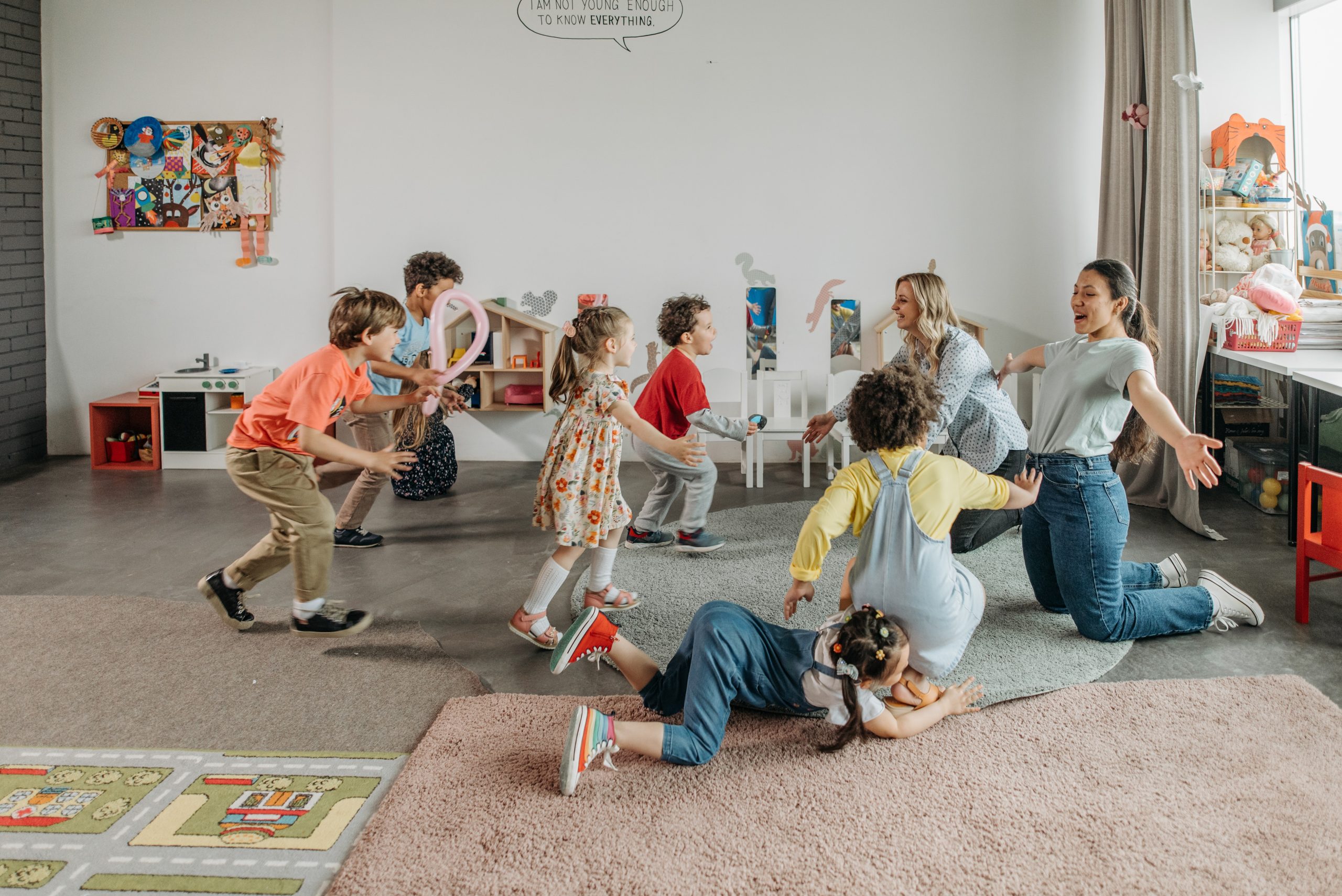Description
The Ministry of Education in cooperation with the Ministry of Integration initiated the Network of Migrant Teachers of the State of North Rhine-Westphalia, which was founded in 2007 as a project with the guiding principle "More teachers with a history of migration for the schools in NRW". The main objectives were: 1. Gaining Potentials 2. Supporting Vocational Training 3. Shaping Personnel Development. The activities include: Qualification courses for teachers (such as Qualification program "Coordination of intercultural school development"), Mentoring for Student teachers, Competence seminars for (prospective) teachers in the subject area "Professional action in the migration society, Lehrkräfte Plus - A Qualification Program for Refugee Teachers, Awareness and Recruitment. In addition to the central fields of action, the network promotes the discussion of specific topics such as educational justice, digitisation, criticism of racism or even migration in the school context. The project is funded by the Government and the Friedrich Ebert Foundation.
- Children complete compulsory education
- Children remain in (formal) education beyond compulsory levels / Access to (formal) non-compulsory education
- Children's academic skills
- Institutions
- Teachers
Evaluation ex post
Evaluations would have to be requested from the network coordinator.
Projects’ deliverables
Project/Qualification/Cooperation Material, Publication on Best Practices: Stumbling Opportunities. Intercultural Projects in Schools (see link below).
Reproducibility
The experiences and structural integrity, as well as the mentoring programmes of the network are highly reproducible
Motivation for the submission
During WP1 we interviewed the network coordinator, holistic approach, The latest ECRI Report Germany (2020) lists the network as Best Practice for inclusive education



